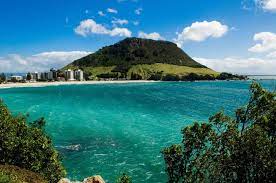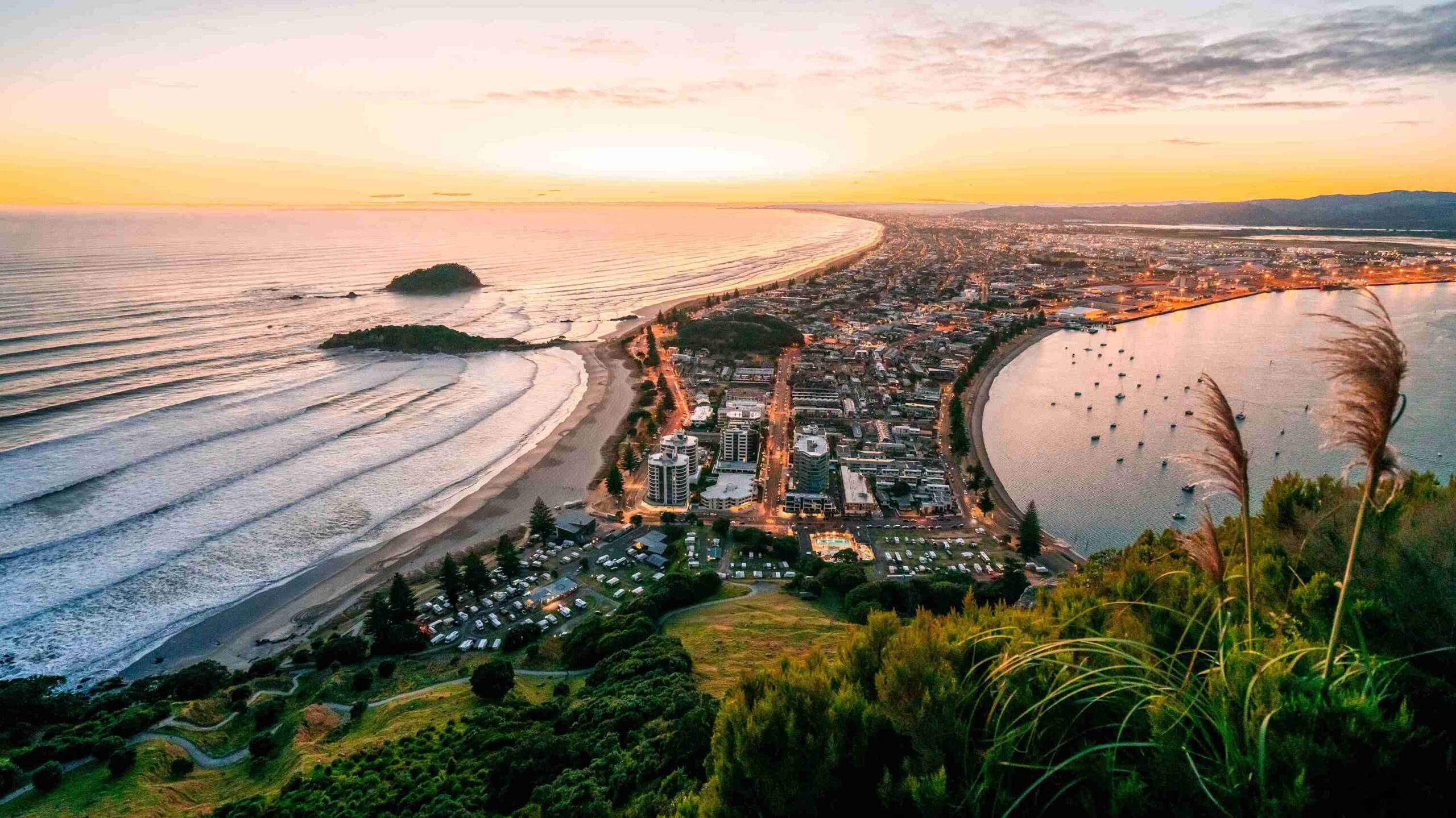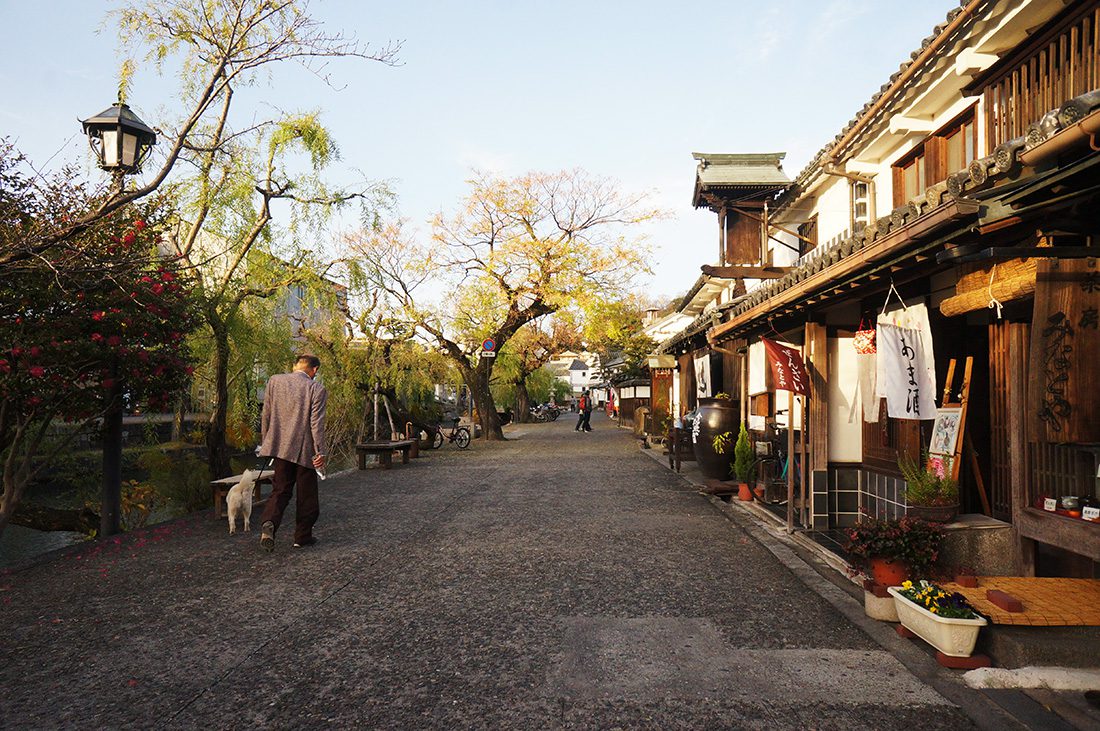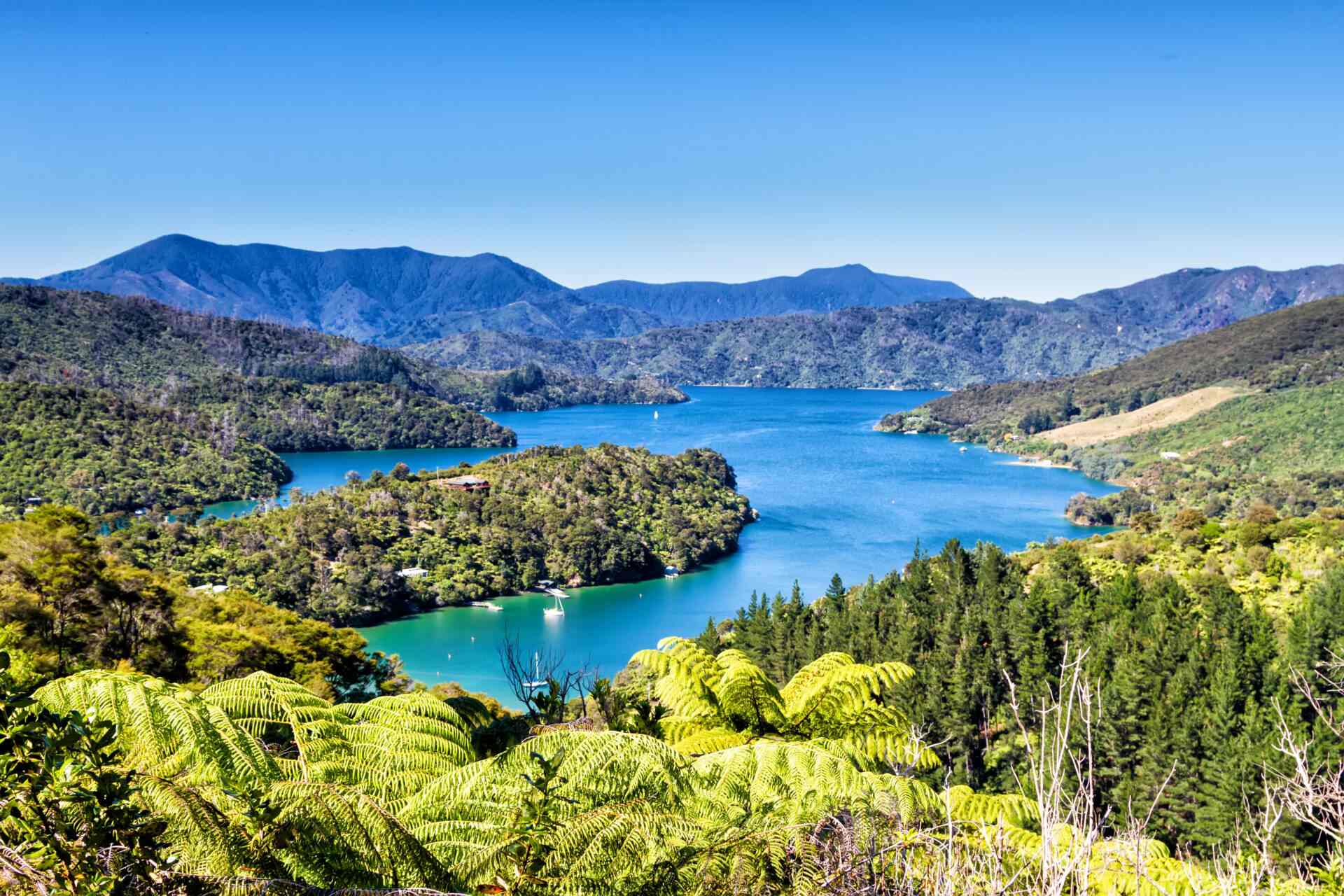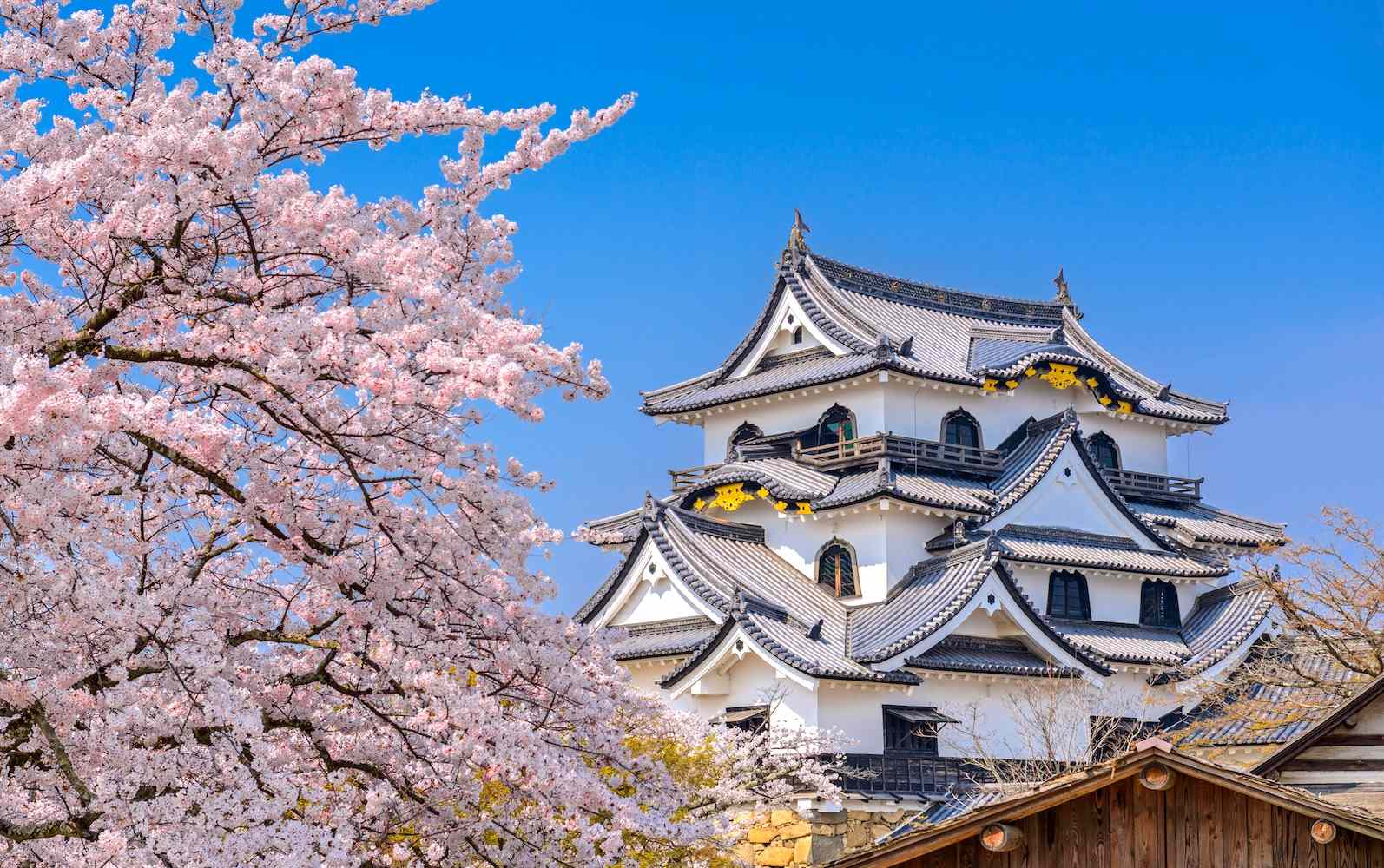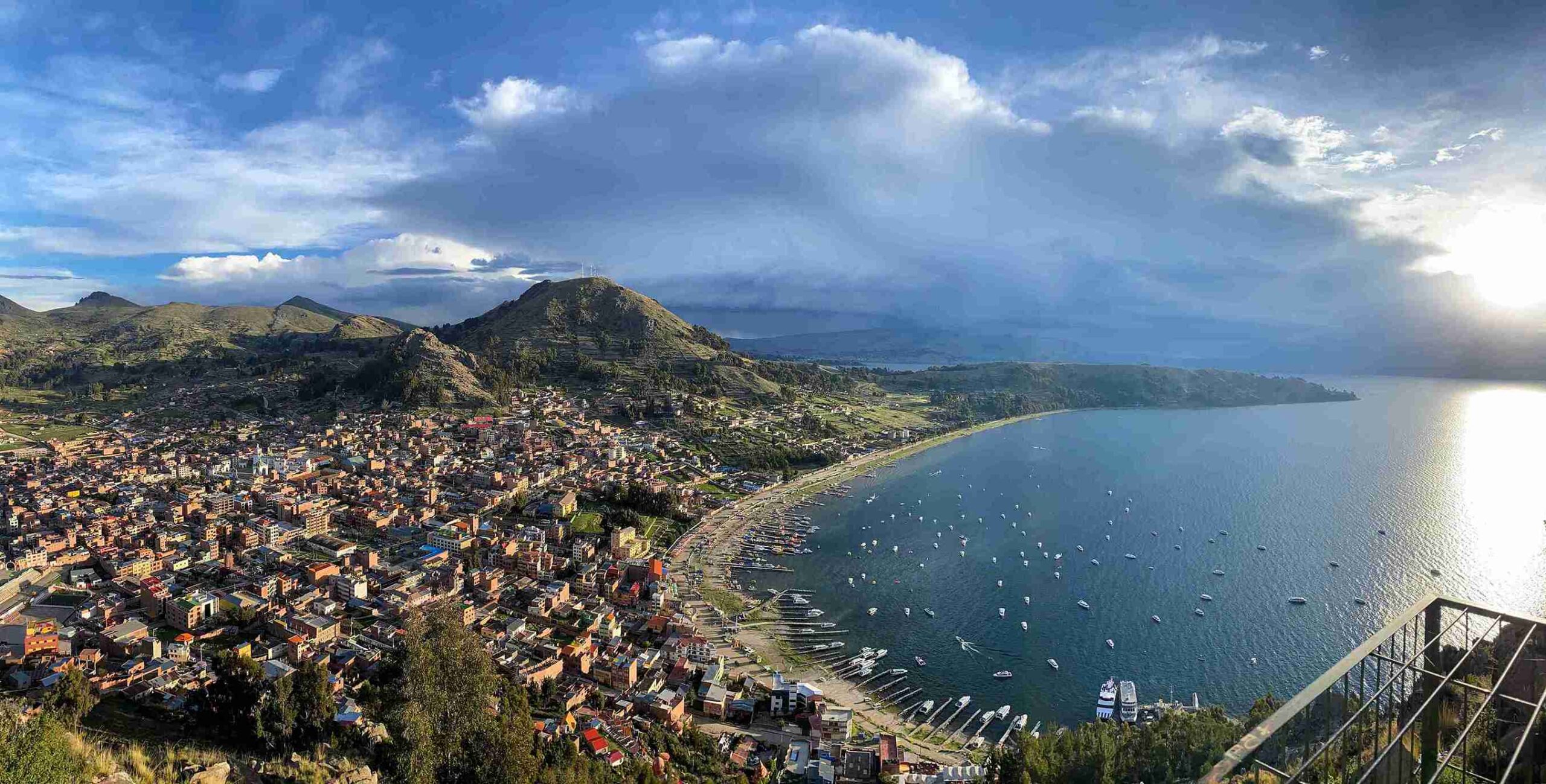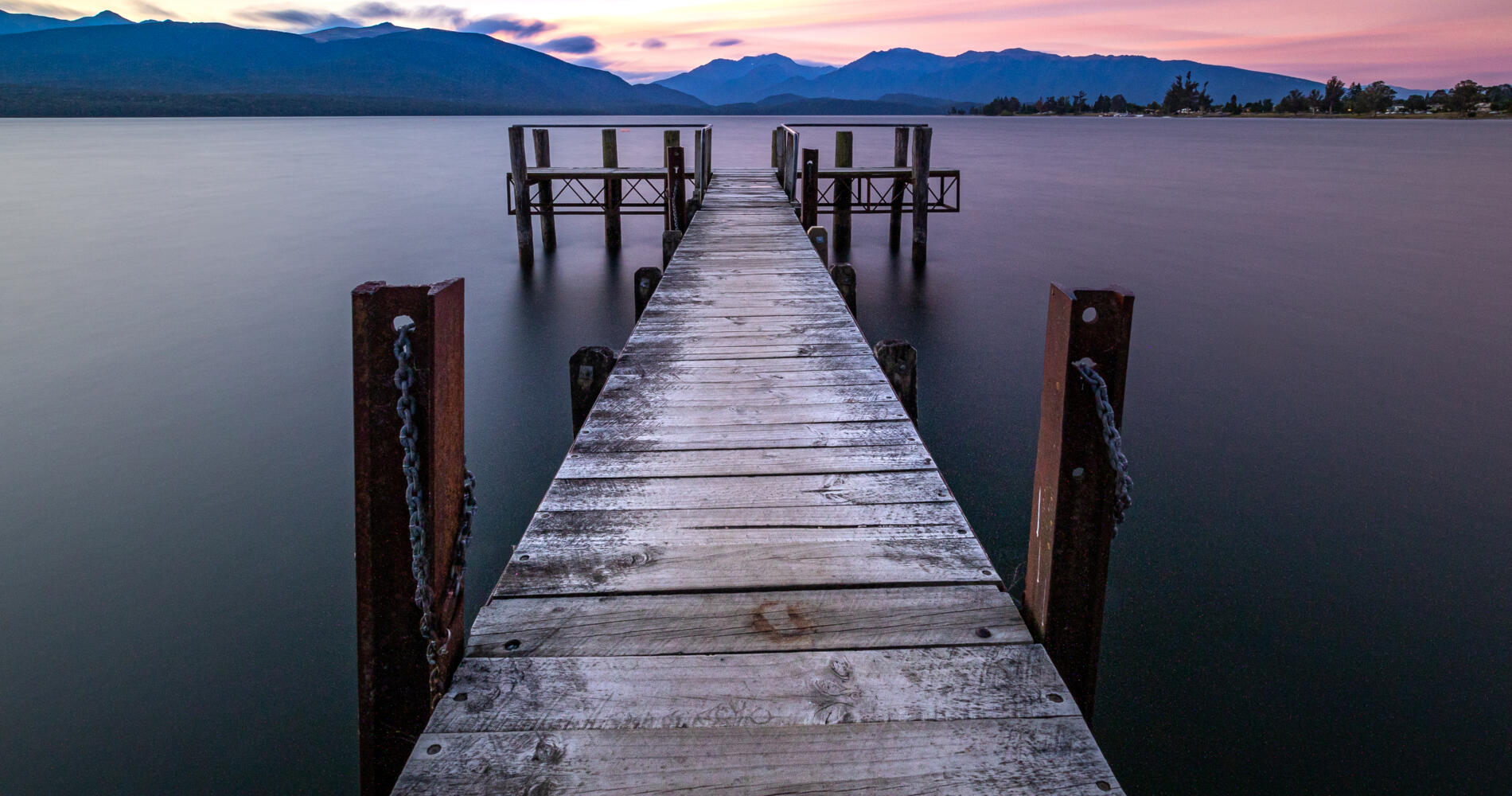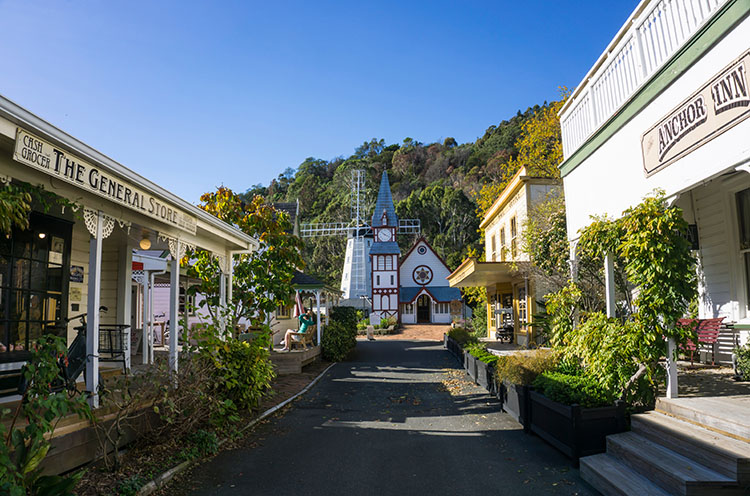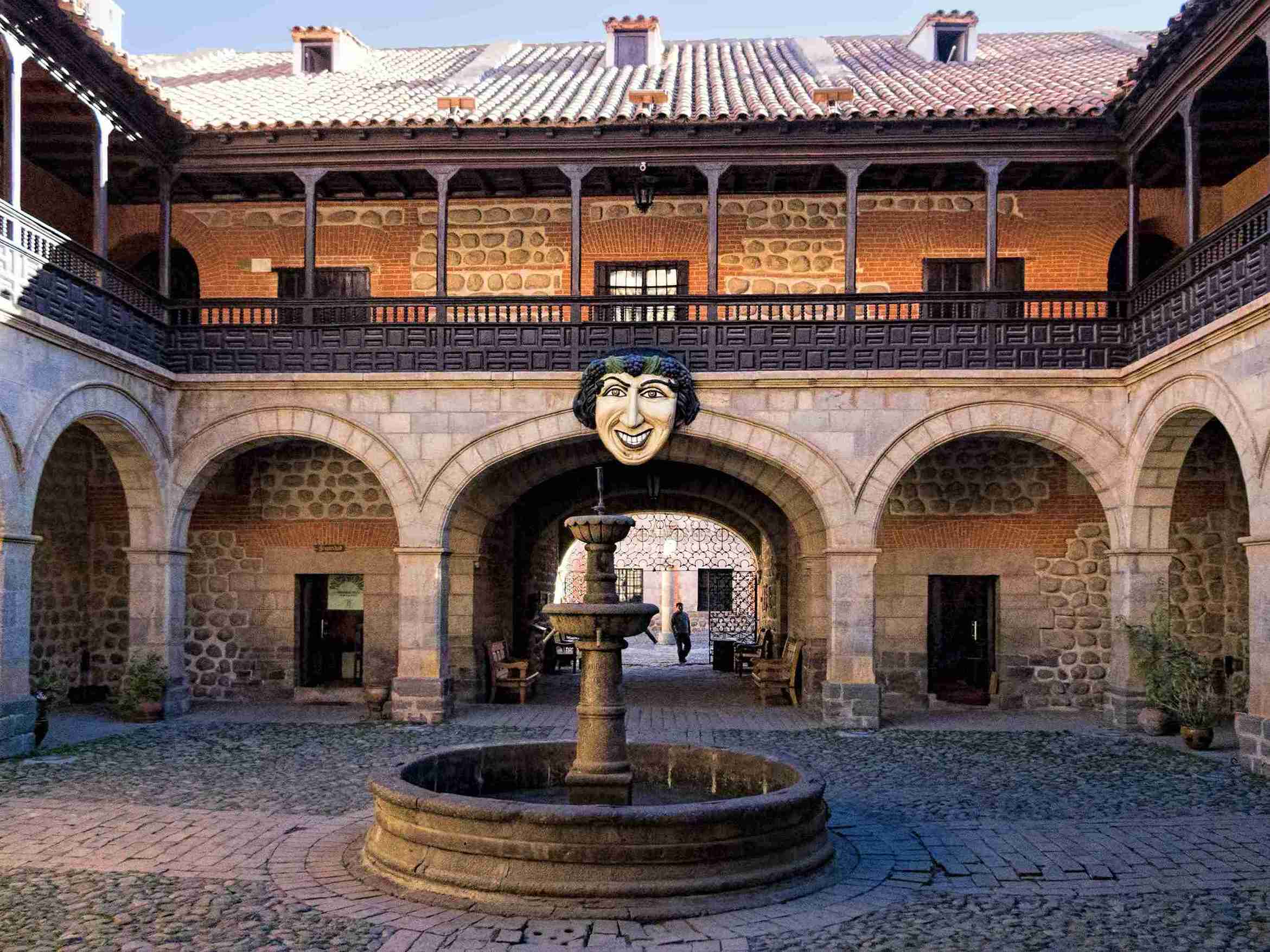Tahiti, French Polynesia travel tips
Category
Categories
Popular Articles
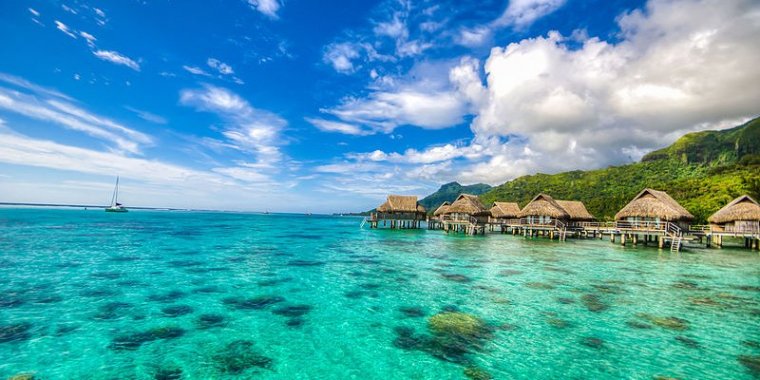
**Overview of the Destination**
Welcome to Tahiti, the heart and soul of the French Polynesia and arguably one of the most beautiful islands in the world. Known for its vibrant culture, pristine beaches, turquoise blue lagoons, and lush green mountains, Tahiti is an idyllic getaway for vacationers seeking to escape the mundane. Drawing thousands of tourists each year, it boasts a diverse mix of French, Polynesian, and contemporary cultures making it a worthy destination to visit.
**Best Time to Visit**
The best time to visit Tahiti is between May and October, with July and August being peak months. During these months, Tahiti experiences a cooler, crisp climate with less rainfall, ideal for outdoor activities. If you want to avoid the crowd and enjoy lower hotel rates, consider visiting during the off-season, November through April. However, be prepared for some tropical showers. For cultural enthusiasts, the Heiva Festival – showcasing traditional music, dance, and sports – happens in July and is worth scheduling your visit around.
**Climate & What to Pack**
Tahiti generally enjoys a tropical climate, with temperatures ranging from 21°C (70°F) to 31°C (88°F). It’s typically hot and humid, with a rainy season from November to April. Pack your suitcase with light, breathable clothing, a reliable sunblock, swimwear, a sturdy pair of sandals, and a rain jacket or umbrella for sudden showers. Don’t forget your snorkeling gear to explore the captivating underwater world.
**Getting There**
Tahiti is served by Faa’a International Airport (PPT). Direct flights from Los Angeles take about 8 hours. From the airport, taxis and local bus service are available to reach your accommodation. As Tahiti is a French overseas territory, the entry requirements are similar to France; travelers from most countries can stay up to 90 days without a visa.
**Getting Around Locally**
Tahiti has a public bus system, ‘Le Truck,’ which is an affordable and convenient way to get around the island. Taxis are also accessible though they can be pricey. Many travelers also choose to rent a car or scooter for more freedom to explore at their own pace. Tahiti is relatively safe for walking during the day, but it’s not recommended at night due to poor lighting;
**Safety Tips**
Tahiti is generally safe for tourists, but like any popular destination, petty theft can occur. Avoid flashy jewelry and keep your belongings secure. There are no specific areas to avoid, but exercise caution in crowded places. Always respect the local customs and traditions, and be mindful of etiquette, like asking for permission before taking pictures of locals. As a solo traveler, practicing basic safety precautions such as not venturing out alone at night and informing someone of your visiting places is recommended.
**Top Things to Do & See**
Tahiti abounds with stunning natural attractions. Visit Teahupo’o for world-famous surfing, explore Fautaua Waterfall, or venture to romantic Moorea Island. Exceptional Pearl Museum, Maison de James Norman Hall, and Marae Arahurahu are cultural must-see sites. For a unique experience, take a boat to swim with the stingrays and black-tip reef sharks in Bora Bora.
**Where to Stay**
Tahiti offers a range of accommodations. For a luxe stay, InterContinental Tahiti Resort and Le Taha’a Island Resort are top picks. Mid-range hotels like Hotel Sarah Nui offer comfort without breaking the bank, while budget travelers can check out Pension de la Plage. The best areas to stay are Papeete for a city vibe or the coastal region for tranquility and proximity to nature.
**Food & Local Cuisine**
Tahitian cuisine is a melange of flavors. Don’t miss out on Poisson Cru, a marinated raw fish dish. Street side ‘Roulottes’ in Papeete offer flavorful cheap eats. For a more formal dining experience, Le Lotus and Restaurant Le Coco’s are renowned. It’s customary to say ‘Māuruuru’ (Thank you) after a meal.
**Cultural & Practical Tips**
The local currency is the CFP franc. French and Tahitian are the official languages, but English is widely understood. Tipping is not expected, but appreciated for exceptional service. Plugs are type F, and the standard voltage is 220V. Free wifi can be found in many hotels and cafes.
**Sustainable or Responsible Travel Tips**
Respect the fragile ecosystem of Tahiti by sticking to the trails, not feeding or touching wildlife, and not littering. Coral-friendly sunscreen is recommended to help protect the marine life.
**Personal Tip**
Immerse yourself in the vibrant Tahitian culture. Don’t just stick to the well-trodden path – discover the lesser-known gems of Tahiti. And most importantly, embrace the ‘aita pea pea’ (no worries) attitude of the locals and bask in the magical allure of this paradise.

